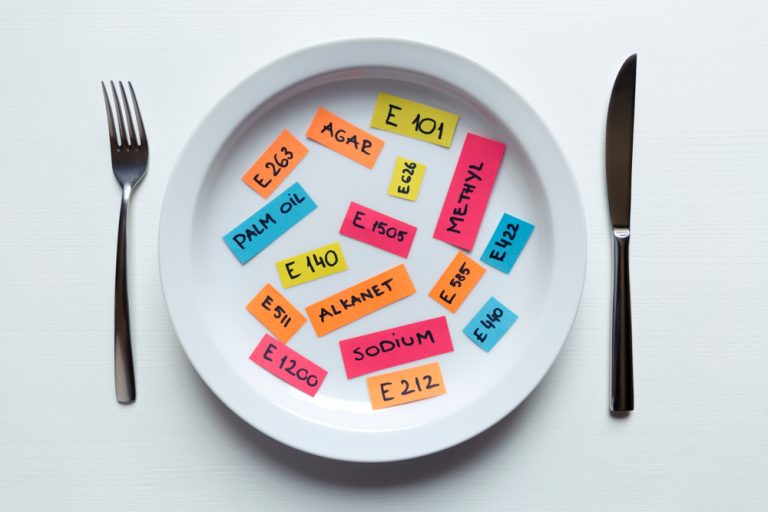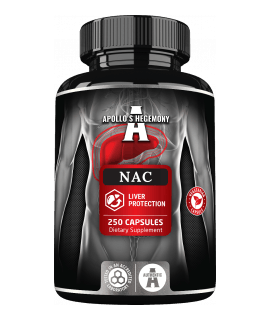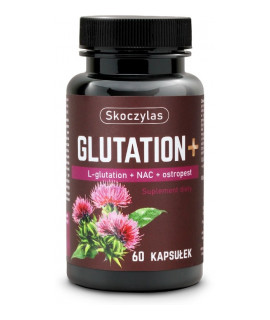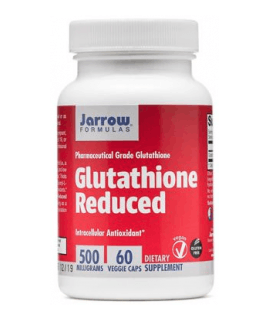Turning a dull meal into something deliciously irresistible, food additives work by bringing out flavour, adding texture and changing appearance of our food, from colour to consistency. It’s easy to understand why food additives are used.
Why should we care?
Although additives are only used in very small quantities, their make up can significantly ruin our health. While media headlines like to scaremonger for even the weakest associations, it is true that there is increasing evidence showing strong correlations between food additives and health.
Which food additives are harmful?
There’s no clear-cut answer to which food additives are safe or harmful for our health, as let’s face it, most of the additives now banned were considered healthy when they were first introduced. Over time, we collect the research, explore health associations and eventually find out the culprits to our health issues. To be on the safe side you may wish to avoid food additives altogether, but not so practical if eating packaged foods on the go.
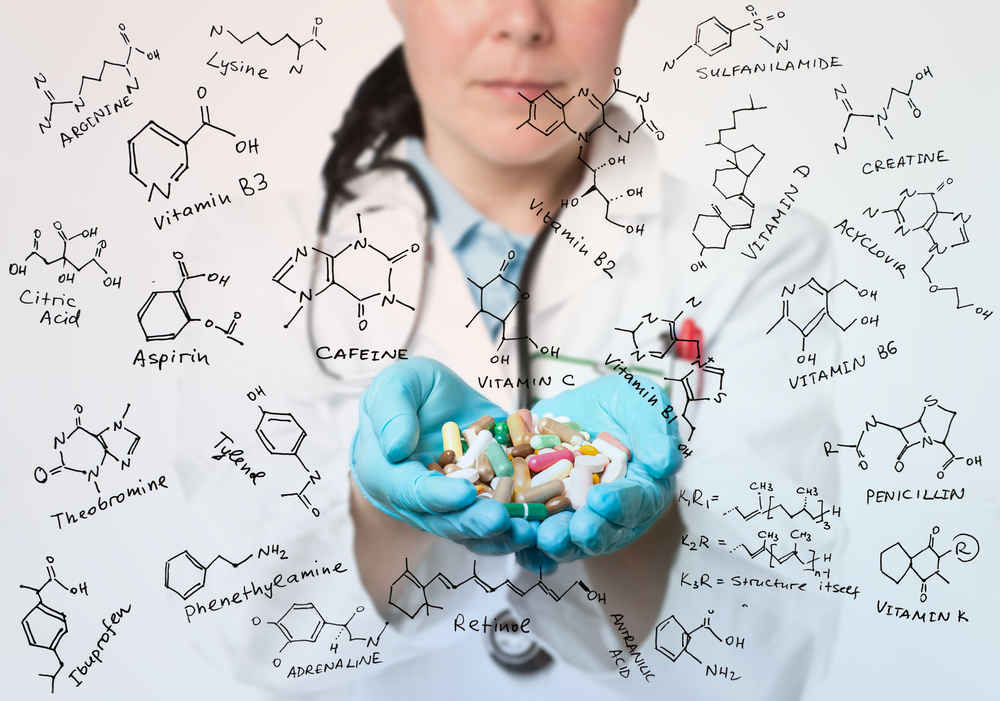
An additive which has been researched extensively and had a lot of bad press is MSG. Perhaps best known for its addition to Chinese food, or processed ready meals giving them a salty taste and intense flavours. While MSG is often deemed as harmful, any research suggesting negative effects on growth and development have only been on animals and using huge doses. For the majority of humans, there is little evidence to suggest that MSG has any serious health consequences. However, a small minority of individuals have a sensitivity to MSG with similar reactions as a food allergy, from headaches to flushing, and tingling sensations.
When considering food additives to avoid, thickeners may also be on your list. Thickeners including Guar gum and Xantham gum are found in sauces, providing a gloopy like substance, high in fibre to bind ingredients. In moderation, these thickeners can actually be beneficial for health by lowering blood sugar levels and cholesterol. In excess though, as thickeners absorb such high quantities of water, it is possible for these to cause obstructions in the small intestine, and may cause bloating or cramps for some individuals.
The debate around sugar vs. artificial sweeteners is an ongoing one, and perhaps neither are healthy, but artificial sweeteners such as aspartame may cause headaches for some people, so worth considering.
Food additives that cause cancer
It’s a bold statement to say food additives can cause cancer, but there are some additives that have been suggested to increase cancer risk.
Sodium nitrate is a preservative added to processed meats such as sausages and bacon, used to prevent bacterial infections and maintain a pink colour to the meat over time. This food additive has consistently been associated with increased risk of stomach cancer and colon cancer. While in the past, it was meat in general that was associated with these types of cancers, it is now clearer that it is the sodium nitrate.
Sodium benzoate is another preservative which is often used in soda drinks and fruit juices. While on its own it is considered safe, when combined with vitamin C, it can be converted to benzene, a compound associated with increased risk of cancer. Although evidence is limited, there are many unknowns and the link between cancer and food additives appears to exist.
